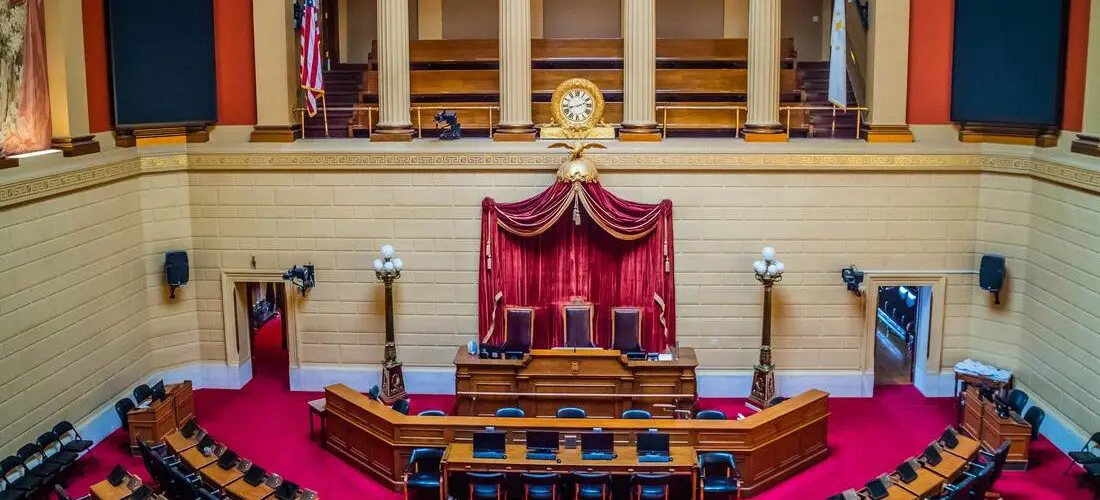Legislation Would Start Rhode Island Down Path to Reduced Transportation Emissions
PROVIDENCE — A pair of state lawmakers have introduced legislation that would kick-start Rhode Island’s participation in a regional agreement to reduce transportation emissions.
Rep. Terri Cortvriend, D-Portsmouth, and Sen. Alana DiMario, D-Narragansett, recently introduced matching legislation to enact the Transportation & Climate Initiative (TCI) in Rhode Island.
TCI is a regional cap-and-invest program designed to reduce vehicle emissions 26 percent by 2032. Former Gov. Gina Raimondo, President Joe Biden’s new commerce secretary, signed a memorandum of understanding in December to join the initiative with Connecticut, Massachusetts and the District of Columbia.
Titled the Transportation Emissions and Mobile (TEAM) Community Act in both houses, DiMario introduced bill S0872 on May 5 and Cortvriend introduced bill H6310 on May 7.
The TEAM Community Act would provide funding for cleaner transportation “while drastically reducing pollution that harms public health, particularly in urban, poorer neighborhoods that disproportionately bear the burden of transportation infrastructure like major highways,” the legislators wrote in a joint statement.
….
The TEAM Community Act bills have support from community and environmental groups, including the Green Energy Consumers Alliance, Clean Water Action, Climate Action Rhode Island, the Environment Council of Rhode Island and the Coalition for a Better Business Environment.
The legislation is a “critical first step” for the state’s transportation network, according to Hank Webster, Rhode Island director of Acadia Center, a regional advocacy organization for renewable energy.
“Automakers have announced a major shift towards electric vehicles; people are walking and bicycling at record levels; and, public transportation helps reduce traffic congestion and commuting costs for workers,” Webster wrote in a statement. “Making strategic investments in clean mobility options will strengthen our economy, create good jobs, and deliver over $100 million in annual health benefits from cleaner air and healthier communities.”
Read the full article in EcoRI News here




















Follow us